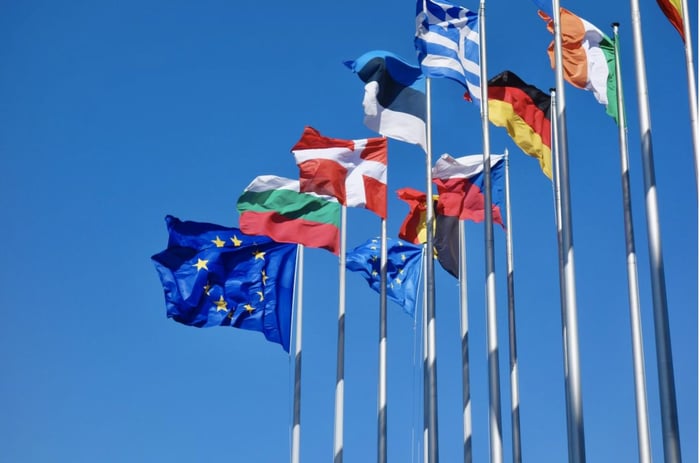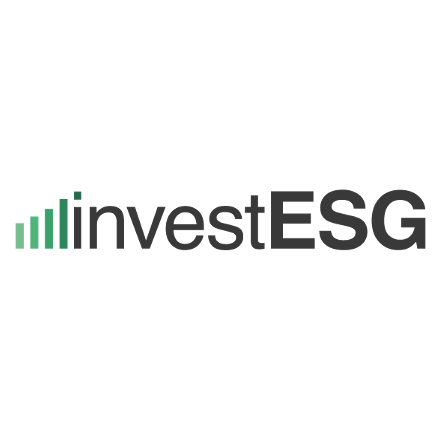New ‘CSRD Essentials’ series explains the EU's mandatory sustainability reporting requirements | GRI
INSIGHT by the Global Reporting Initiative (GRI)


The adoption of the CSRD was a cornerstone of this European Parliament mandate and the Green Deal, as it created clearer and harmonized sustainability reporting standards for companies. But the adoption of legal texts, albeit necessary, is not enough: all the relevant stakeholders must also seize it and make it their own. With the ‘CSRD Essentials’ project, we established a close dialogue with them on the rationale behind the text and the best concrete steps to be taken for its implementation. This way, the CSRD can now truly help build a more transparent, fairer, and environmentally responsible business model, fit for our century and its new challenges.
-Pascal Durand MEP, CSRD Rapporteur- Scope, timing and interactions with existing standards: the CSRD expands requirements the number of companies included, broadens the scope for sustainability disclosure while outlining inclusion and implementation criteria for companies.
- Reporting format: the CSRD integrates sustainability within annual reporting, combining financial and non-financial data. It also promotes digital reporting, to ensure consistency and accessibility.
- Legal interconnections, auditing rules and internal supervision: the CSRD integrates with existing EU regulations - including the European Climate Law and the Corporate Sustainability Due Diligence Directive (CSDDD). It also mandates third-party sustainability assurance, emphasizes materiality assessment and requires audit roles to be assigned.
- Small and Medium Enterprises (SMEs), implementation procedures, and penalties: the Directive extends reporting to SMEs, easing compliance through transition periods and simplified standards.
CSRD Essentials approach is unique as it sets the bridge between the ones who set the rules and the ones who’ll implement it. As a legal knowledge activator since 200 years, Lefebvre Sarrut’s purpose is indeed to guarantee access to the law. We were honored to contribute to CSRD Essentials. May this approach inspire many other rapporteurs and lawmakers all over Europe.
-Camille Sztejnhorn, ESG Impact Director for European group Lefebvre Sarrut CSRD Essentials serves as a one-stop-shop for navigating the challenges and opportunities of reporting under the new Directive. With a focus on clear explanations that help companies and reporters to understand the key aspects of the CSRD, this new resource reinforces GRI’s role to make sustainability reporting universal, accessible and beneficial for all stakeholders.CSRD Essentials was launched on 15 May during the event CSRD: Implementation and beyond, held at the European Parliament, which was organized by GRI and hosted by MEP Pascal Durand and Lefebvre – Sarrut Group.
CSRD Essentials was developed through a collaborative and open approach, with legal clarifications and comments attached to key chapters of the CSRD. By explaining legal concepts, it guides companies within the scope of the Directive through the sustainability reporting journey, helping them better understand the spirit of the law.
The event at the European Parliament was attended by over 100 people and live streamed to over 2,000 people around the world. It comprised a discussion on how to implement the CSRD into national regulatory frameworks, as well as roundtables focusing on the relationship between the CSRD and global sustainability standards.
In addition to Jessica Fries, Pascal Durand, Peter Paul van de Wijs and Camille Sztejnhorn, speakers included:
- Patrick De Cambourg, Chair of the Sustainability Reporting Board, EFRAG
- Sven Gentner, Head of Unit, Financial Services and Capital Markets Union (DG FISMA), European Commission
All opinions expressed are those of the author and/or quoted sources. investESG.eu is an independent and neutral platform dedicated to generating debate around ESG investing topics.
 investESG
investESG

